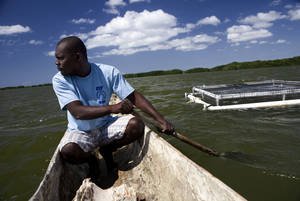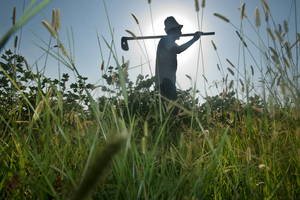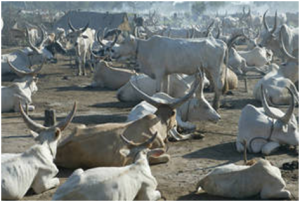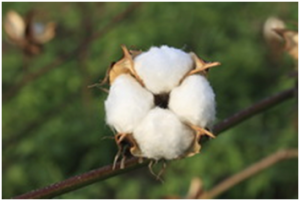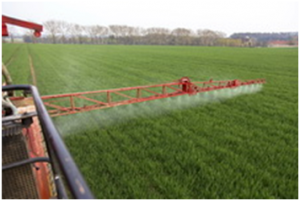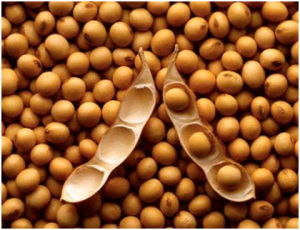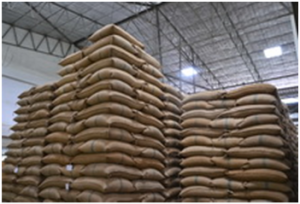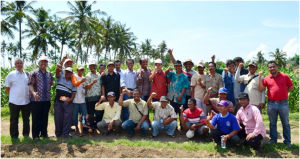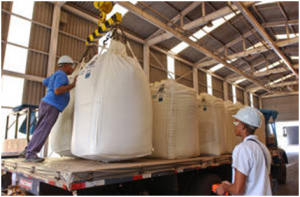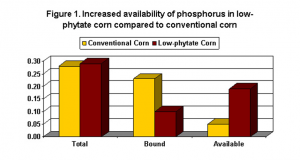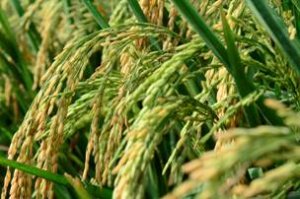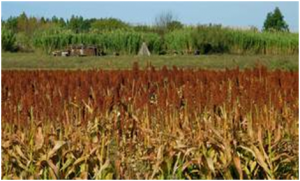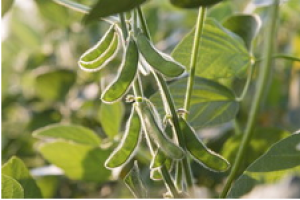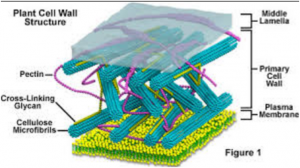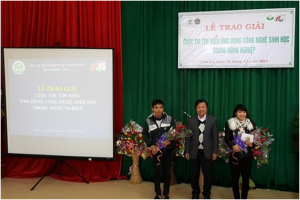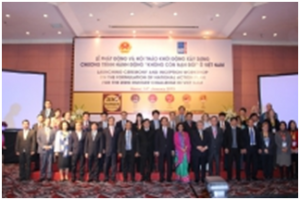|
By Robert Coe and Ando Mariot Radanielson
IRRI, Rice Today Aug. 30 20917.
The International Rice Research Institute (IRRI) delivers through research excellence. The IRRI Seed Grant Scheme was launched in early 2017 to foster innovative collaborative research among young scientists. Following a competitive peer-review process, six research teams were awarded USD 15,000 each to undertake cross-disciplinary and innovative research over the next 9 months. Meet the principal scientists and the stories behind their winning proposals.
(32).png)
Figure: Dr. Sandhu aims to transform rice production systems to help poor farmers struggling to cope in a changing world. (Photo by Robert Coe, IRRI)
Transforming rice production to improve the livelihood of farmers Nitika Sandhu
The rapid urbanization of major rice-growing regions is limiting farmers’ access to land, labor, and resources such as water. As a response, the traditional method of transplanting rice seedlings is being replaced by directly sowing seeds in the field. This is less labor intensive, uses less water, and leads to faster crop establishment. However, directly sowing seeds may lead to uneven germination, decreased survival, increased competition from weeds, and lower crop yields. Dr. Sandhu aims to transform rice production systems to help poor farmers struggling to cope in a changing world. She has formed a collaborative research team with experts in plant breeding, soil chemistry, and growing rice in unfavorable environments. The team will examine issues associated with variable seedling sowing depth and its effect on nutrient uptake in relation to water content. The research aims to identify rice varieties and develop management practices that lead to high rates of germination and emergence and better crop establishment under direct seeding. The ultimate goal is to increase the yield and profitability of farmers through the adoption of mechanized direct seeding.
A schedule for harvesting success Hoang Van Nguyen
The rising cost and shortage of labor mean that combine harvesters are increasingly being used to harvest paddy rice. Machines are usually shared among many farmers, leading to competition for access during busy periods. If access to machines is not scheduled well, farmers can experience high crop losses and excessive harvesting costs. To overcome this problem, Dr. Nguyen and his research team aim to develop a system called EasyHarvest. This will optimize the scheduling of combine harvester services so that the needs of farmers can be matched to the availability of contractors and equipment. By combining predictions of harvesting times and the availability of combines, the harvesting requirements of farmers can be efficiently managed. This system also offers the potential to monitor and forecast the dates for harvesting rice, allowing farmers to plan well in advance. EasyHarvest could cut postharvest losses by 3% and farmers’ costs by as much as 10%. It could also help reduce the environmental footprint of harvesting by using machinery more efficiently and effectively. If the proof-of-concept trials at IRRI are successful, the system could be scaled up to the national level and used to schedule access to any machine used in rice production.
See more: http://ricetoday.irri.org/winning-science-meet-the-awardees-of-the-first-irri-seed-grant-scheme/
|


 Curently online :
Curently online :
 Total visitors :
Total visitors :
(32).png)
